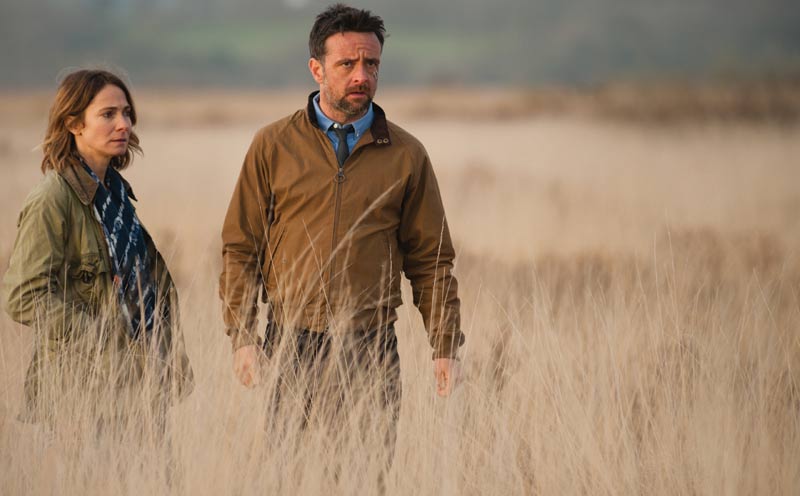A National Craving for International Praise 01.08.15
Focus on ... TV

Richard Harrington and Mali Harries in Hinterland/Y Gwyll © Keith Morris/S4C/Fiction Factory
At the time of the 1997 devolution referendum, Ron Davies described devolution as a process, not an event – a process that has been used as a significant point of reference to explore not only politics and governance, but poetry, sport, culture and the arts. We have seen the establishment of not one, but two national theatres, and developments around sites such as Cardiff Bay and Victoria Dock in Caernarfon are visible manifestations of a cultural industry that is successful by any standards.
Fiction Factory’s Hinterland/Y Gwyll is a significant milestone in Welsh television drama, and perhaps more broadly, Welsh broadcasting. The very proposal of a programme with two versions – one monolingual, one bilingual – is a first for Wales. The programme’s popularity, both in Wales and internationally, is clear, and worthy of comment – not least because it has inspired a physics student in the US to design phone cases featuring Mathias reimagined as a pug… But a notable theme within the many media articles about the programme is on international sales, at the expense of any other consideration. I do not wish to seem churlish – of course it is important (not least economically) for a programme (or film, or book, etc.) to be enjoyed by audiences outside of wherever it is made. However, in the case of Hinterland too often it seems as though this is the principal focus of any media discussion. Being streamed by Netflix, or broadcast by BBC 4, the Danish Danmarks Radio, and broadcasting companies in Norway, the Netherlands, Belgium, Finland and Slovenia is an end in itself.
Sign in to read more